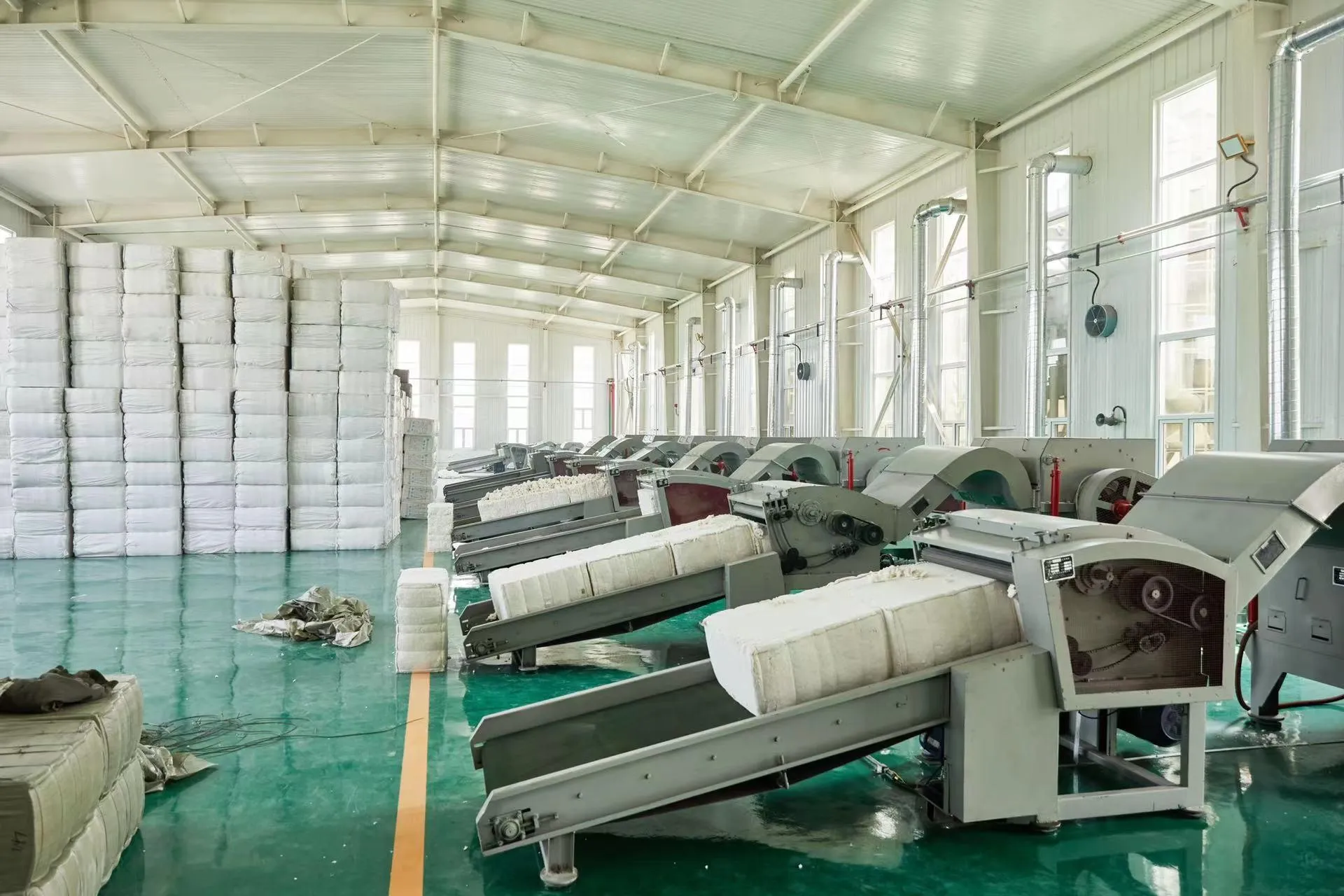
hydroxypropyl cellulose use in tablets
The Role of Hydroxypropyl Cellulose in Tablet Formulations
Hydroxypropyl cellulose (HPC) is a versatile polymer widely used in the pharmaceutical industry, particularly in the formulation of tablets. Its unique properties, such as solubility in both water and organic solvents, film-forming capabilities, and excellent binding characteristics, make it an ideal candidate for various pharmaceutical applications. This article delves into the significance of hydroxypropyl cellulose in tablet formulations, exploring its characteristics, benefits, and applications.
Characteristics of Hydroxypropyl Cellulose
Hydroxypropyl cellulose is a derivative of cellulose, where some of the hydroxyl (-OH) groups in the cellulose structure are replaced by hydroxypropyl groups. This modification enhances its solubility and stability, making it suitable for a range of formulations. It exists in various molecular weights, which can influence its viscosity and binding properties. Typically, HPC is available in a powder form, which can easily be incorporated into tablet formulations.
One of the remarkable features of HPC is its ability to form gels in the presence of water. This gelling property is particularly advantageous in controlling the release of active pharmaceutical ingredients (APIs) in sustained-release formulations. Furthermore, HPC is chemically stable, non-toxic, and compatible with various excipients, which makes it a preferred choice for many formulators.
Benefits of Using Hydroxypropyl Cellulose in Tablets
1. Binding Agent Hydroxypropyl cellulose serves as an effective binder in tablet formulations. Its adhesive properties help in ensuring uniform distribution of the API and excipients, leading to a homogenous mixture. This uniformity is crucial for the consistency of tablet weight and dosage.
2. Film Formation The film-forming ability of HPC allows for the creation of controlled-release tablets. By forming a film around the active ingredient, HPC can modulate the release rate of the drug, extending its therapeutic effect and minimizing the frequency of dosing.
3. Stabilizing Agent HPC acts as a stabilizing agent in formulations, particularly for sensitive APIs prone to degradation. Its inclusion can protect these active ingredients from environmental factors such as moisture and light, thus enhancing the stability and shelf-life of the tablets.
4. Controlled Release Due to its gelling properties, HPC is frequently used in matrix tablets to obtain a controlled-release profile. By adjusting the concentration and molecular weight of HPC, formulators can tailor the release kinetics of the drug according to therapeutic needs.
hydroxypropyl cellulose use in tablets

5. Improved Disintegration In some formulations, HPC can facilitate the disintegration of tablets upon ingestion, improving the bioavailability of the active ingredient. This property is particularly beneficial for immediate-release formulations where rapid dissolution is required.
Applications of Hydroxypropyl Cellulose in Tablets
The pharmaceutical industry exploits hydroxypropyl cellulose in various tablet applications
- Immediate-Release Tablets HPC is often used in immediate-release formulations to enhance the dissolution rate of the API, enabling faster absorption in the body.
- Sustained-Release Tablets Its gel-forming ability is harnessed in the development of sustained-release tablets, providing extended drug release.
- Film-Coated Tablets HPC is an essential component in the formulation of film-coating solutions, improving the appearance, taste masking, and protection of tablets from environmental factors.
- Granulation Processes In dry or wet granulation processes, HPC is utilized as a binder, contributing to the formation of granules with optimal properties for tablet pressing.
Conclusion
Hydroxypropyl cellulose is a crucial excipient in the formulation of tablets, offering a range of benefits that enhance the performance and stability of pharmaceutical products. Its multifunctionality as a binder, film former, stabilizer, and controlled-release agent makes it an indispensable component in modern pharmaceutical formulations. As the pharmaceutical landscape continues to evolve, the role of hydroxypropyl cellulose is likely to expand, paving the way for innovative formulations that meet the demands of patients and healthcare providers alike. As such, understanding the properties and applications of HPC is essential for formulators seeking to develop effective and reliable tablet-based therapies.
-
Premium Hydroxy Starch for Optimal Thickening & StabilityNewsAug.31,2025
-
Concrete Water Reducer: Boost Strength & Workability EfficientlyNewsAug.30,2025
-
Premium Ethyl Cellulose | High Purity Polymer for Coatings & BindersNewsAug.29,2025
-
Hydroxypropyl Methylcellulose Acetate Succinate (HPMSCAS) for Enteric CoatingsNewsAug.28,2025
-
Hydroxypropyl Methylcellulose Acetate Succinate | Enteric CoatingsNewsAug.27,2025
-
Hydroxyethyl Cellulose for Paint: Optimal Thickening & Flow ControlNewsAug.26,2025





















